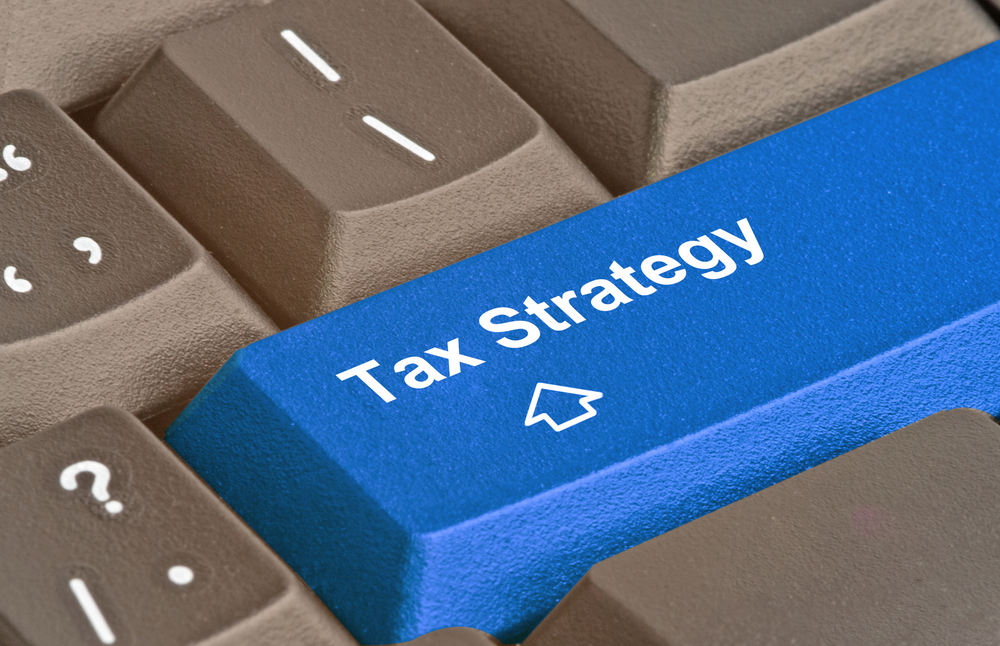The time of the year is here when you start your tax planning efforts in all earnestness. This is when you get all the tax-related work done, like investing in term insurance policy, finding the right insurers, and filing the taxes.
However, tax planning under the existing Indian tax system should not be left until the last minute. When your rush to save taxes, you may end up investing in the wrong instruments that you may not be able to commit to in the long run. Therefore, it is better to start planning your taxes well in advance so that you can make informed decisions and save as much tax as possible.
Tax planning is not something you do offhandedly at the end of the year. It takes discipline and forethought in knowing where to invest, the components that will make your tax-saving portfolio, and how they will help you meet your long-term and short-term goalsunder the Indian tax system. The right instruments are the ones that will make you adhere to them, no matter what.
But what is tax planning?
Planning your taxes is all about logically analysing your expenses and income to come to a decision that will help you invest smartly so that you can save money when you pay taxes. Simply put, the process makes you think about your tax payments at the beginning of the year, rather than procrastinating it till the eleventh hour.
The whole purpose of tax planning is to manage your finances in such a way that it increases your wealth overtime, protects your family’s financial future, and also reduce your tax liability.
So rather than feeling taxed with all the planning, use these tips to get a head-start!
- Select the Right Instruments
If you want to know which instruments to choose and how to invest under the existing Indian tax system, first you need to determine your financial goals. This will help you explore the right set of investment products from the available choices. By thoroughly understanding the Section 80C of the Income Tax Act, you can both maximize your take-home salary and minimize your income tax liability.
From term insurance to health insurance policies, several such instruments can be used to help you save taxes. However, the trick is to find the right mix of these instruments. So start with the popular options first and then work your way through other ambitious investment options.
Once you have eliminated the most popular options, you can also look into the second rung. This would include Unit Linked Insurance Plans if you an appetite for risk or Public Provident Fund and National Savings Certificate if you want low-risk options. Pension Plans qualify under Section 80CCC of the Income Tax Act for tax benefits.
- Invest as Per Your Income
Once you have zeroed in on the instruments that are fit to make up your financial portfolio, it is time to do a thorough and accurate calculation of your annual and monthly income. This will help you see how much of your income is taxable. It is essential to know that not all components of your salary are taxable.
Some elements, such as house rent or travel allowance are tax exempted, on producing supporting documents. Therefore, you need to understand your taxable income before you can start the tax planning process. This will help you choose the right instruments that you can afford through the entire policy duration.
- Set Life Goals
Image source: Shutterstock
Since tax-saving investments are often long-term, one must always look at the compounding benefits before investing. Instruments like term insurance are meant to meet specific financial requirements such as fulfilling your family’s needs in your absence, financial security during emergencies, pay for leisurely spends, and meet your retirement needs. So if your wealth creation efforts are unable to meet these requirements as and when they arise, then considerits purpose defeated.
As an investor, you must avoid making your investment decisions based on an attractive sales pitch. Before you buy an instrument like term insurance or an equity-linked savings scheme, make sure you fully understand what it entails and whether it is capable of meeting your needs. Setting your goals and choosing the instruments that successfully fulfil those goals while saving you tax is instrumental to tax planning.
- Hire a Professional
These days, it is has become very simple to buy term insurance or other such tax saving options online. However, sometimes you may need help to understand the policy benefits and its practicality with regards to your financial situation. In that case, do not hesitate to ask for professional advice and speak with an expert to help you choose the most optimum portfolio.
Maximizing tax returns is all about planning your taxes and investment instruments efficiently. Don’t leave anything to the last minute and choose the right product mix for your portfolio. Therefore, it is advisable to compare different term insurance and other such investment plans online before investing.
Online term insurance plans are a popular way to save taxes and securing the financial interests of your family members. Investing in the right term plan requires due diligence and online comparison to review the benefits of each plan before investing. Dependable insurance providers such as Max Life Insurance enable you to make an educated decision by comparing and reviewing the policies that match your financial needs and premium budget. Tax planning has now become effortless with the help of these plans.


Comments are closed.